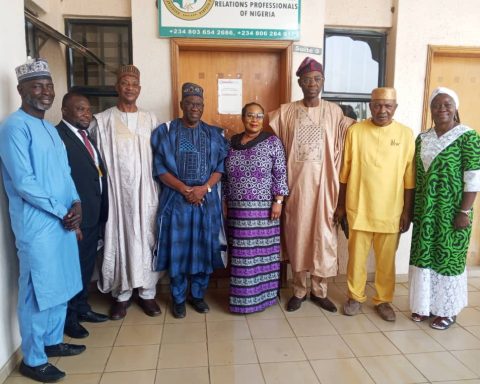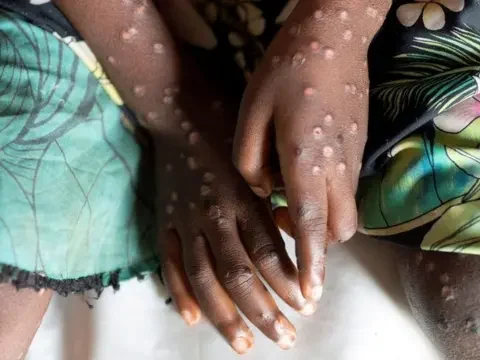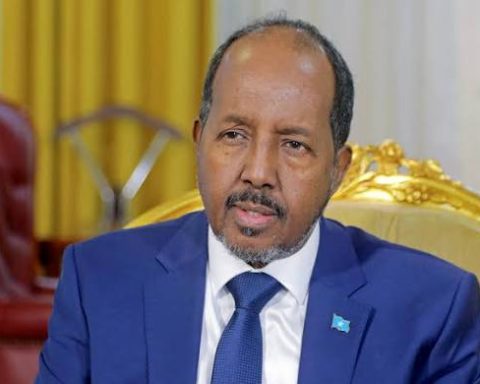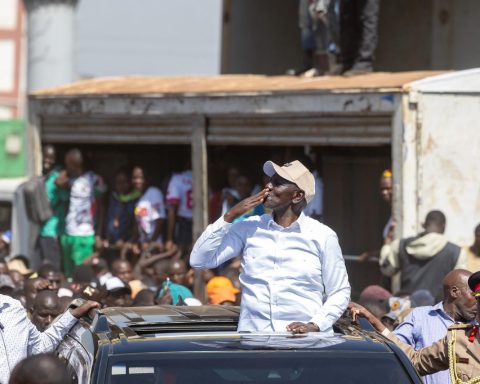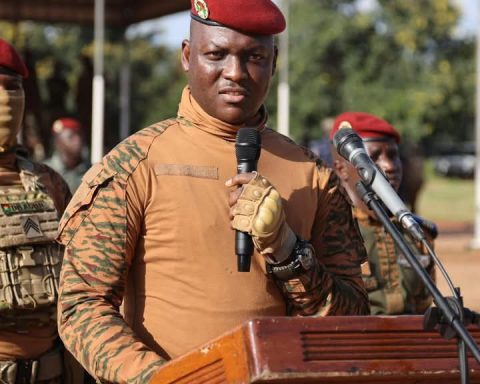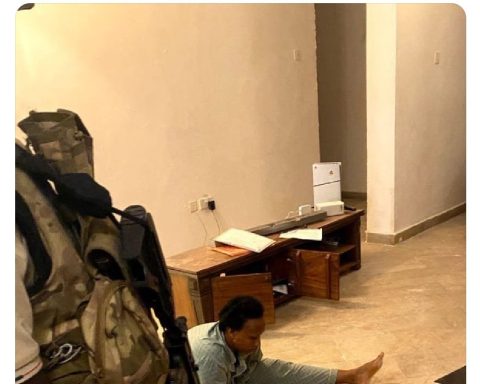Ghana has deployed additional military forces to the restive border town of Bawku following a deadly ambush in which gunmen killed three students over the weekend, further intensifying tensions in the region already grappling with ethnic unrest and threats of spillover violence from the Sahel.
The attack, which took place on Saturday near a local school, has reignited fears over the fragile security situation in northern Ghana. The victims- students reportedly ambushed on their way home were pronounced dead shortly after the assault, which residents described as “targeted and deliberate.”
Join our WhatsApp ChannelIn response, the government has transitioned its strategy from peacekeeping to full-scale peace enforcement, reflecting growing urgency around the conflict.
“We are no longer in peacekeeping mode. This is now peace enforcement in Bawku and other affected areas due to the recent escalation of violence,” said Felix Kwakye Ofosu, Ghana’s Communications Minister and presidential spokesperson, in a televised briefing on Sunday.
READ ALSO:
- U.S. Deepens Security, Economic Ties with Angola, Namibia Through African-Led Solutions
- Uncertainty Grips Ghanaian Students In U.S. Over Unpaid Government Tuition
An urgent security operation is now underway, with troops deployed to protect schools and strategic locations. Authorities have also imposed a curfew from 2 PM to 6 AM in Bawku and surrounding communities to facilitate the safe evacuation of students and curb further violence.
“We assure the public that the Ghana Armed Forces will take all necessary measures to protect lives and property,” Ofosu affirmed, urging cooperation with the peace process and pledging justice for the slain students.
The crisis in Bawku stems from a deeply entrenched chieftaincy dispute between the Mamprusi and Kusasi ethnic groups over the rightful claimant to the Bawku stool. Periodic violence tied to the conflict has plagued the area for decades, despite multiple government interventions and peace accords.
Saturday’s incident marks yet another bloody chapter in the ongoing hostilities. In 2023, Ghana deployed over 1,000 troops and police officers to the area after an immigration officer was killed near the border, underscoring the volatility of the region.
The proximity of Bawku to Burkina Faso where Islamist militants have overrun large parts of the country and displaced millions adds another layer of complexity to the crisis.
Ghana, unlike its northern neighbors, has largely remained insulated from extremist violence, but security experts warn that uncontained local conflicts could serve as entry points for foreign insurgents.
In recent months, Ghanaian forces have increased surveillance and border patrols along the northern frontier to deter infiltration by armed groups. Officials say the latest deployment is part of a broader strategy to fortify vulnerable communities and reassure civilians.
“The threat of regional destabilization is real,” said Emmanuel Kotin, a Security Analyst. “What we are witnessing in Bawku is not just a local chieftaincy conflict it’s an exposed flank in Ghana’s national security.”
So far, no group has claimed responsibility for the student killings, and no arrests have been made. The Ghana Police Service and Armed Forces continue investigations while community leaders call for calm.
Schools in Bawku remain shut, and residents have been advised to observe the curfew and report suspicious activity. Despite government assurances, fear lingers in the town, a flashpoint now caught between historic grievances and rising regional instability.
Amanze Chinonye is a Staff Correspondent at Prime Business Africa, a rising star in the literary world, weaving captivating stories that transport readers to the vibrant landscapes of Nigeria and the rest of Africa. With a unique voice that blends with the newspaper's tradition and style, Chinonye's writing is a masterful exploration of the human condition, delving into themes of identity, culture, and social justice. Through her words, Chinonye paints vivid portraits of everyday African life, from the bustling markets of Nigeria's Lagos to the quiet villages of South Africa's countryside . With a keen eye for detail and a deep understanding of the complexities of Nigerian society, Chinonye's writing is both a testament to the country's rich cultural heritage and a powerful call to action for a brighter future. As a writer, Chinonye is a true storyteller, using her dexterity to educate, inspire, and uplift readers around the world.


